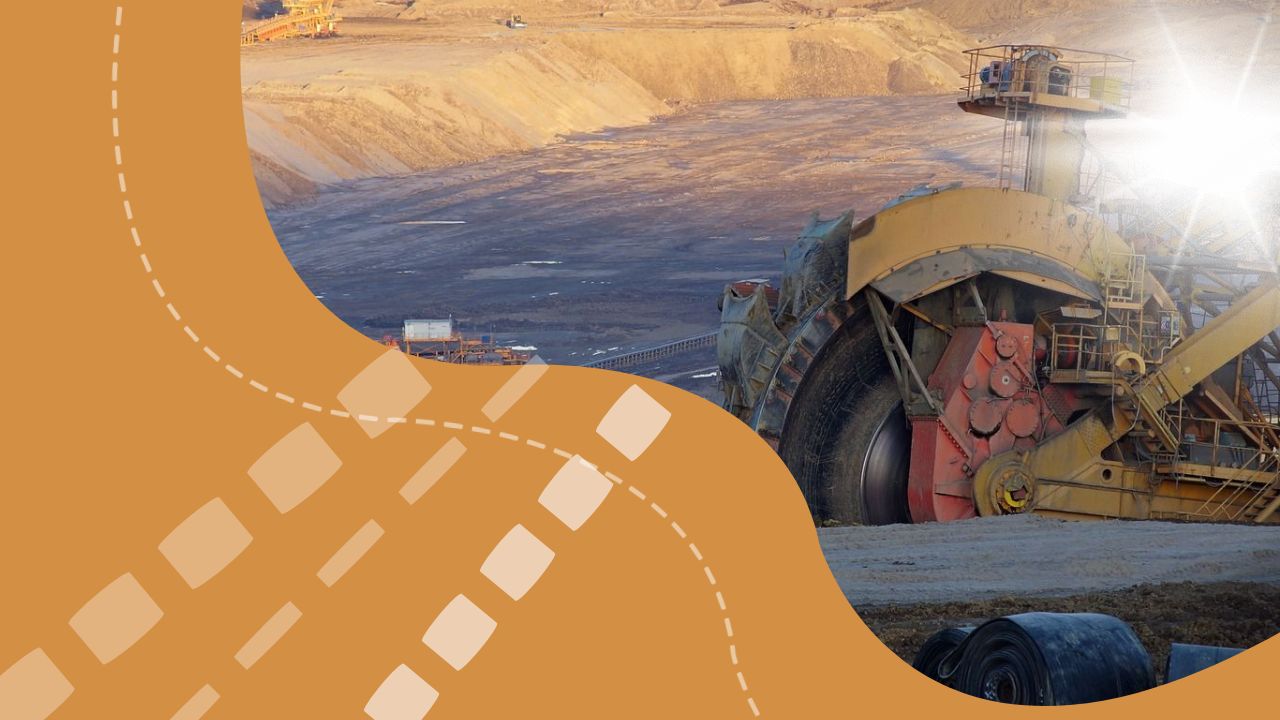Rio Tinto has placed its controversial $3.6 billion Jadar Valley lithium project into “care and maintenance,” pausing all development while retaining control of the land — a move that critics say is far from a full retreat. An internal company memo obtained by the ABC reveals that the mining giant will halt spending and suspend progress toward an underground lithium mine in Serbia’s Jadar region as it restructures operations under new CEO Simon Trott and continues to face major permitting hurdles.
The memo underscores Rio Tinto’s view that Jadar remains a “tier one deposit” with the potential to play a major role in Serbia’s and Europe’s energy transition. But it also cites a lack of progress with government approvals as a key factor in the decision.
The project has been the subject of intense public resistance. Tens of thousands of Serbian citizens have protested in recent years, warning that mining operations in the fertile Jadar Valley would cause irreversible environmental and agricultural damage. Activist groups, including Marš sa Drine and local residents who have refused to sell their land, say Rio Tinto’s pause is merely a “temporary retreat” and insist they will continue to fight until the company leaves Serbia entirely.
“Care and maintenance is not the cancellation of a project,” said Serbian-Australian actor and activist Bojana Novaković, one of the leading figures in Marš sa Drine. She emphasized that Rio Tinto still maintains offices in the region and has shown no signs of abandoning the site. “Until they pack their bags, close their offices, and sell the land back to the locals, there’s no reason to think they’ve gone away.”
Rio Tinto had planned to extract 2.3 million tonnes of lithium from what has been called Europe’s largest and highest-grade deposit — enough to supply batteries for one million electric vehicles annually for decades. When the ABC visited the site in late 2024, the company estimated the mine could operate for at least 40 years.
The project’s recent history has been turbulent. After nationwide protests ahead of Serbia’s 2022 elections, the government initially halted the mine. But the Constitutional Court reversed that decision in July 2024, allowing the project to proceed subject to environmental and legal conditions. Days later, President Aleksandar Vučić, German Chancellor Olaf Scholz and EU Energy Commissioner Maroš Šefčovič signed a landmark agreement granting EU manufacturers access to Serbian lithium — a move Brussels hailed as a “historic day” for Europe’s energy transition.
However, Serbia’s political climate has since deteriorated. Public anger erupted after the collapse of a Belgrade railway station canopy killed 15 people, sparking massive demonstrations and contributing to the resignation of Prime Minister Miloš Vučević in January. Activists now argue that the Jadar project’s fate is directly tied to political turmoil, and that approval could return once stability does.
Gavin Mudd of the British Geological Survey noted lithium’s global importance — its market value having grown from hundreds of millions to several billions in just over a decade — but stressed that mining must be conducted responsibly. Opponents in Serbia remain unconvinced. They argue that the Jadar Valley’s fertile agricultural land and populated communities make it unsuitable for mining under any circumstances.
“This would be the first-ever lithium mine built on fertile soil and populated land,” Novaković warned. “If we allowed it to happen, it would open the floodgates.”
Rio Tinto declined to comment on the memo or the future of the project.

